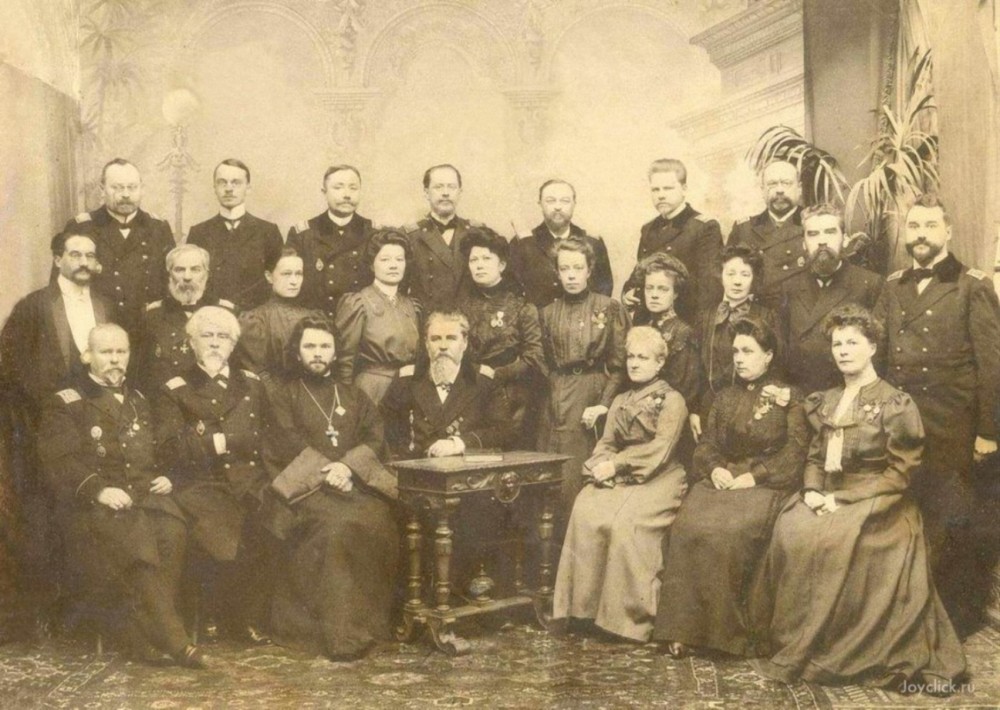
The article is devoted to the studying of the problem of social status and material position of classical gymnasium’s teacher in the south-eastern region of Ukraine at the end of the 19th and the beginning of the 20th century on the basis of local materials. The article deals with questions of the rules of recruitment and the transferring, wages and various types of supplements, assignment of ranks and rewards for merits, material protection of teachers during the First World War, comparing the income level of teacher’s of classical male and female gymnasiums, level of incomes of teachers and representatives of other professions. During the research and analysis of normative legal acts regulating the labor relations of this time and materials of the State Archive of Zaporizhzhia region, it was concluded that in the end of the nineteenth and early twentieth century’s, the school gymnasium’s teachers were represented as a wellorganized social and professional group with an ordered internal structure, social guarantees and privileges. The social purpose of teaching was finally established: the education of citizens who are loyal to the tsar and the state. Despite of the fact that, depending on social traditions, for the most part, the employment of teachers posts was kept by men; at the beginning of the 20th century, bosses and teachers of women’s gymnasiums, whose rights were approaching the socio-professional rights of male teachers, appeared. It was proved that the leaders and teachers of secondary schools (classical gymnasiums and progymnasiums) were on the civil service and enjoyed all the same rights as all civil servants (service, ranks, pensions, awards). It was established that between of the 19th and 20th centuries there were certain positive changes in the conditions of life support for gymnasium’s teachers. These changes were controlled both by the government and local self-government bodies. Assignment of ranks was crucial for the social identification of teachers as representatives of the middle bureaucracy The level of material incomes of teachers depended on many factors, including the level of education, the load, the experience at one place or in institutions of one department, additional fees for checking the written work, the replacement of lessons, etc. It should be noted that in any case, the financial situation of teaching staff as civil servants was relatively stable not only in prewar, but in wartime as well.
Source: Syrtsova O. (2019) Social Status and Material State of the Classical Gymnasium’s Teacher at the End of the 19th and the Beginning of the 20th Century in the South-Eastern Region of Ukraine (according the state archive of Zaporizhzhia region). Zaporizhzhia historical review. 1(53): 59-68
Source web-site: https://istznu.org/index.php/journal/article/view/111/124
Number of views: 2259